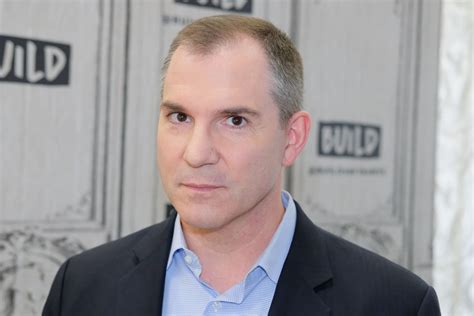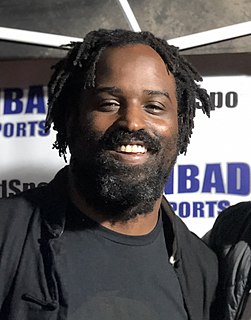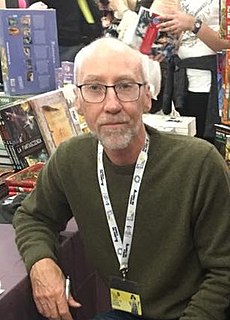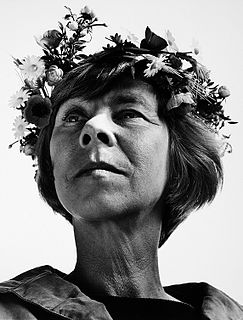A Quote by Jo Beverley
I don't think I wrote stories down when I was young, but I certainly made them up, perhaps sometimes losing track of the border between reality and make-believe.
Related Quotes
There was a culture that came out of the self-esteem movement which was don't anybody keep track of the goals. The kids keep track, but nobody keep track of the goals because we don't want the kids to have the experience of losing. And in depriving them losing, thinking it scarred them to lose, we made losing so taboo, so unspeakable, that we instead made losing more scary to kids, not less scary.
It is hard to think of any work of art of which one can say 'this saved the life of one Jew, one Vietnamese, one Cambodian'. Specific books, perhaps; but as far as one can tell, no paintings or sculptures. The difference between us and the artists of the 1920's is that they they thought such a work of art could be made. Perhaps it was a certain naivete that made them think so. But it is certainly our loss that we cannot.
We still write too many stories that are "state of the race" stories that are informed almost solely by what the polling shows and by what we're then deducing about who's up, who's down, and I'm just not sure that's very helpful to readers, it certainly doesn't elevate the debate and, and the problem is if you, if you cover these things, and I don't think the Times is particularly culpable, I think other news organizations are worse, if you cover them in an entirely "who's up, who's down" horse race way.
I love borders. August is the border between summer and autumn; it is the most beautiful month I know. Twilight is the border between day and night, and the shore is the border between sea and land. The border is longing: when both have fallen in love but still haven't said anything. The border is to be on the way. It is the way that is the most important thing.
Where do poor young people turn? ISIS has a mission for you to change the world! It's a horrific vision, but it's a vision. Perhaps for white supremacists, you can add the additional storyline that they believe that they are having something taken from them by outsiders, by immigrants. Not only are they losing out and bored, but they think they are victims and that they know who is responsible.
Confronted with the unhappy facts of exclusion, we sometimes reassure ourselves by telling stories: the poor boys who made it, theblacks who became a "credit to their race," the women elected to high office, the handicapped who made "useful contributions" to our society.... Just as we believe in the self-sufficient family, we also believe that any child with enough grit and ability can escape poverty and make a rewarding life. But these stories and beliefs clearly reflect the exceptions.






































